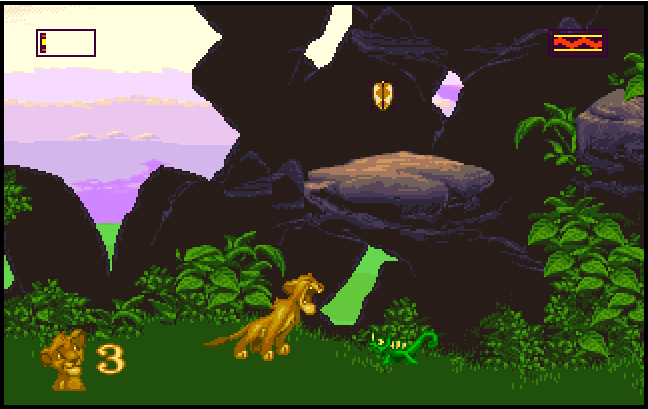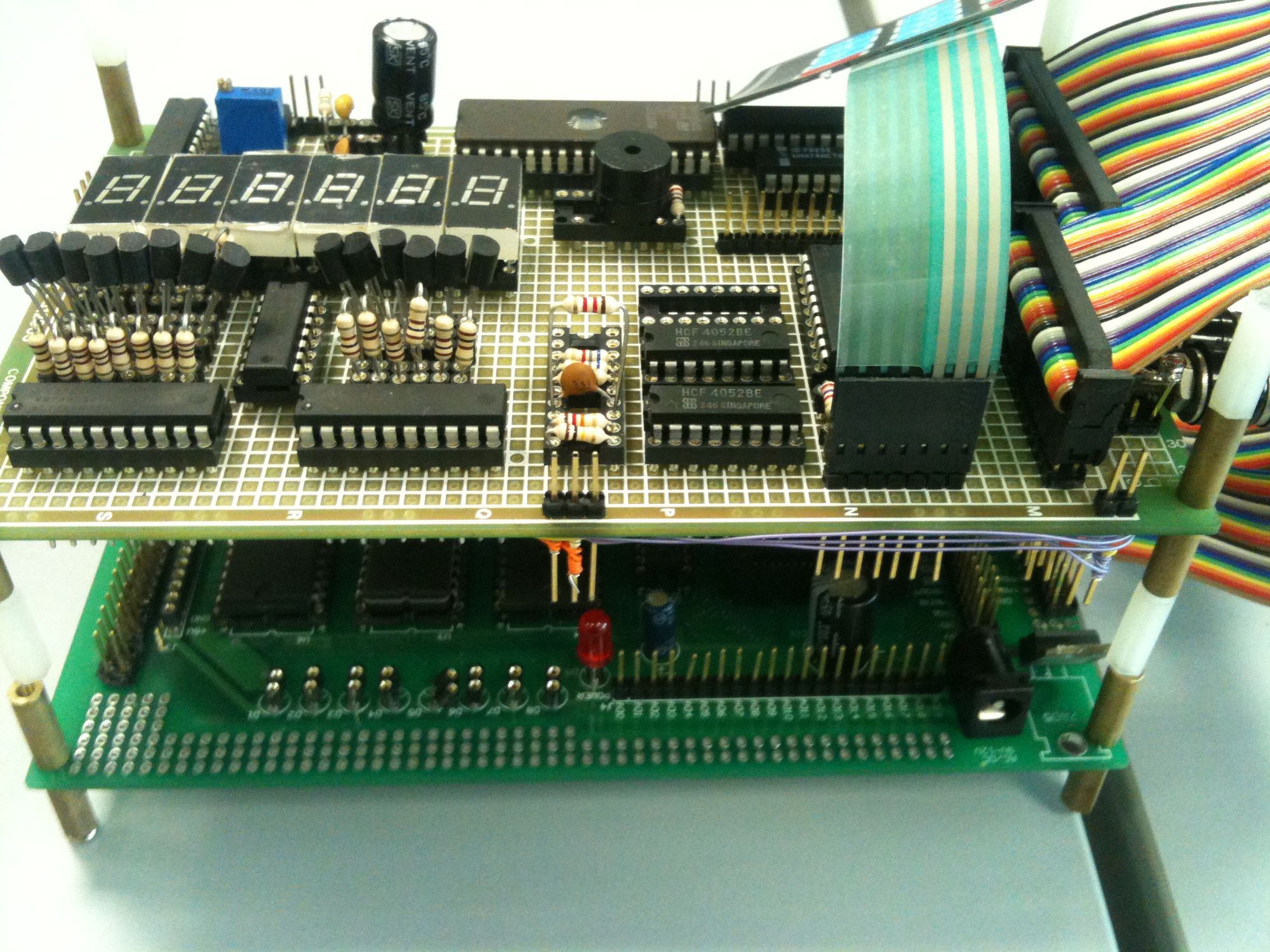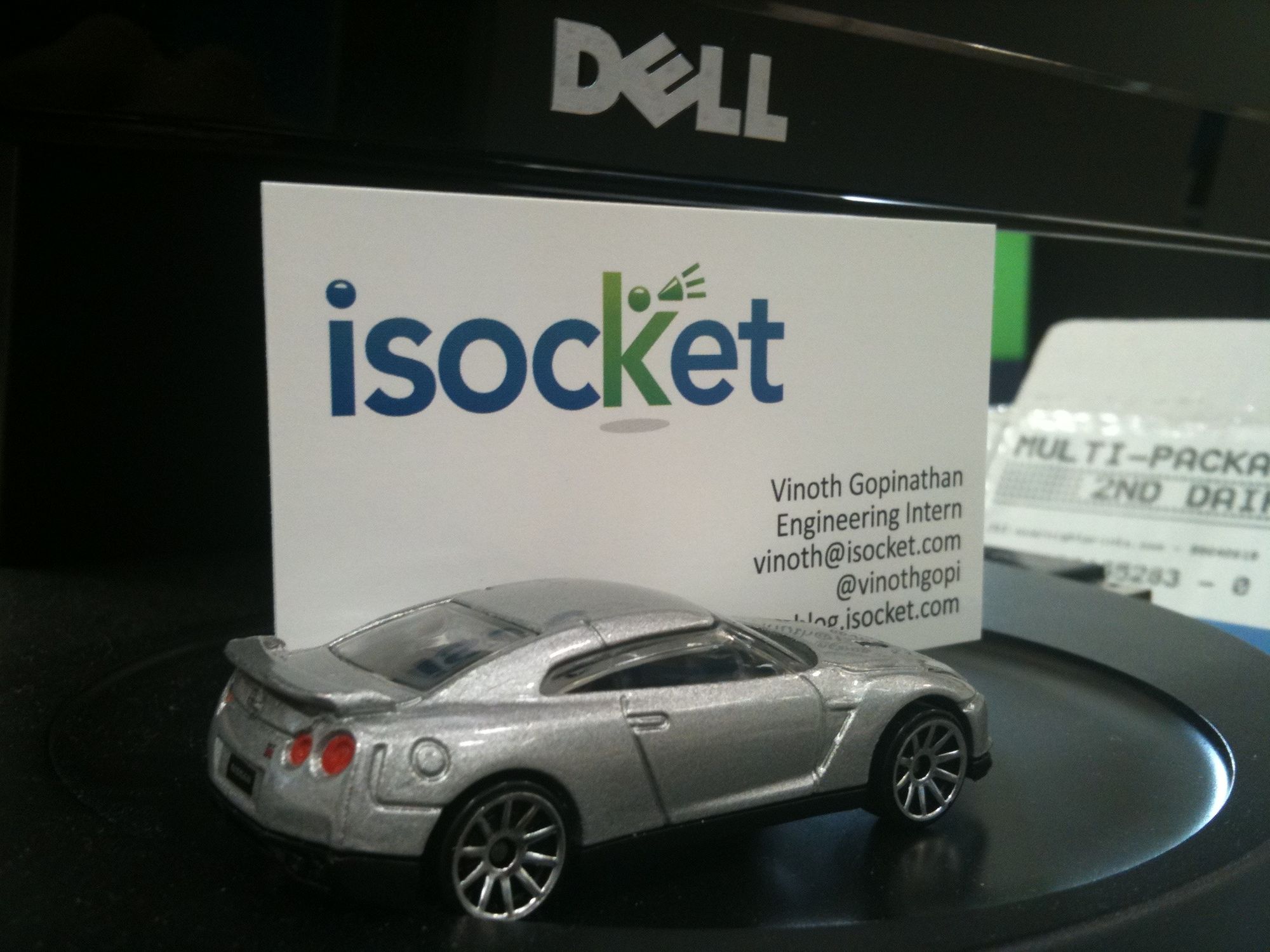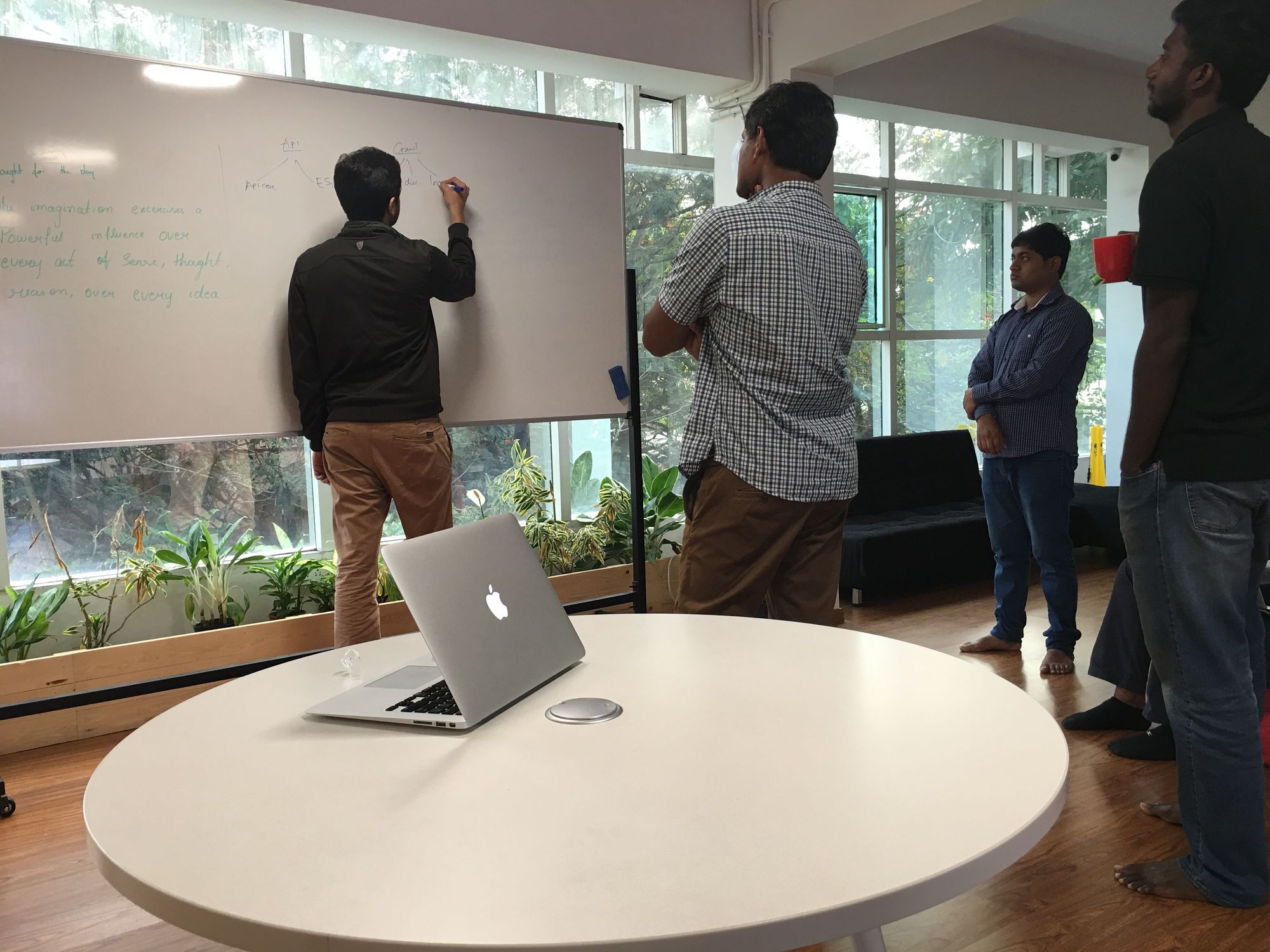My Story
Childhood
Grew up in Qatar in the early 90s. Dad bought a Compro Intel 486 computer for our house when I was around 5 years old. I was so afraid to even press the big power flip switch because he specifically told me not to power it down when Windows was running.

It used to have a 120MB HDD and 2MB RAM. I used to play Lion King on it and after the first level it used to crash, because it was out of RAM. So I just played the first level over and over again. After a few months, my dad upgraded the computer to a whopping 8MB RAM, a sound blaster sound card, speakers and a CD drive. That's when I finally finished the game.

I only used to play games on the PC until one of my neighbors invited some of the neighborhood kids to her place and started teaching us QBASIC. It was mostly basic arithmetic and logic programming at that point, but that was my first interaction with a programming language. Every day after that, I came back home and practiced my programming skills played Aladdin, Lion King, Fatal Racing or MK II.
Moved to India for a couple of years in 1997. We got a new computer (Pentium 3) but no internet connection. So apart from playing games, I used to run scandisk and disk defragmenter. I thought I was doing my part in the upkeep of the machine, and also learnt how sectors of a HDD work.
Teenage
My dad decided to move to Singapore in 1999, so my family moved along with him. Got a lot more involved with anything related to computers or A/V equipment in school. I was in charge of the school PA system, operated the auditorium AV and light systems, was the president of the computer club and a librarian (Dewey System, anyone?). All the teachers used to call me to help with their laptop or projector issues. It helped that I was tall too, so I could reach the ceiling mounted projector without a chair.
My dad also taught me a lot about fixing our own electronic devices. No device was too small or large, he always seemed to know how to fix or install them. One thing though - after he was done, we always found a stray screw lying around which we somehow missed. I improved upon that and I now ensure all the screws go back in.
I knew how to assemble a computer from individual components. I had helped several friends of mine and even a couple of teachers build their own PCs for cheap. I knew what to buy, where to buy them and how to put them together.
I was also enrolled in several programming and software classes. Learnt HTML, JS, Dreamweaver, Flash, and Java. I also did hardware and networking certifications like MCSE (certified, passed 7 exams), CCNA (failed the exam), A+ (it was a useless certificate but useful knowledge). I was 17 then, the youngest in my class of working professionals. I participated in several web design competitions, even won a few small ones.
Young Adult
Did my college in Singapore as well - electrical and computer engineering. It was more hardware engineering than software, which was by accident but I enjoyed it nevertheless. By the end I could work on breadboards, solder, design PCBs, work on FPGAs and even built an entire computer from scratch.

I loved the hands-on courses, hated the theory. Spent a significant amount of time on extra curricular activities. Was involved as a sounds and lights engineer for a 1,500 audience theater production, organized over 15 startup related competitions and events, managed the technical backend for a clean energy conference, organized a TEDx conference just to name a few.
I was also a drummer for 4 different bands (overlapping), mostly playing metal music over my 4 years in college.
I spent a year off from college as part of a prestigious exchange program interning at a startup in the Bay Area. I was blown away by what I saw in the US. The pace of innovation, the energy, all the people I've been following from back in Singapore were regular speakers at local meetups. I knew this was the place to be after I graduated.
The internship was also my first proper coding job and this set the stage for me actually considering starting my own company and taking up software engineering as a career. I was the first technical hire apart from the CTO so I saw the company go through a lot of changes. I ended up taking up a lot of different kind of responsibilities but personally enjoyed the infrastructure management aspect (on AWS).

Startup Life
Started Semantics3 with my college buddies on the day of our last exam. My co-founder and I were working on side projects for a few months and when he told me he'd like to start this I said "I’m in" on the spot. This took up the next decade of my life.
My opinions on technology, management and processes were all formed here, by trial-and-error. None of us had any big company experience before starting up, so we did what we thought felt right. We ended up building the largest database of e-commerce products, with APIs for product content, real time pricing information, and ML-based categorization and feature extraction models. We made millions of USD in revenue and worked with several F500 companies.
We were the first company to get into YC from Singapore in 2013. We were close partners of AWS since our spend at one point was on track to hit 1MM a year (before we hit the brakes and started optimizing). We had the best wedding dancing troupe - we choreographed our own dance routines and embarrassed our teammates at their weddings, who had all join us single and progressed in life over the 9 years of the company.

I had some of the best experiences, got to work with some of the best people and came out on the other end after we got acquired by one of our longtime customers, Hearst, in 2020.
Corporate Life
I needed a complete mental rewiring to work at Hearst. The team reporting to me doubled in the first week and 5x over the next couple of years. Decisions were more deliberate and I could no longer operate on the quick iteration model. Working with stakeholders with different and sometimes conflicting requests was new to me too. It was all a little overwhelming and the imposter syndrome was real. But I knew what I was getting into - I had the startup experience and I was looking forward to learning the intricacies of working at a larger, well established organization as well.
Out to prove myself as worthy of the title, I went against the tide to get the stakeholders on my side, because they were burnt by missed deadlines and false promises before. I put together a 30-60-90 day plan and delivered on all my commitments.
About 3 quarters in, during a 1-1 with my SVP I asked him "how else could I help?". This caught him by surprise because he was used to people asking him to reduce their load. I was then assigned some of the biggest technical and managerial challenges the company was facing (that an existing team wasn't already looking into, had the attention of the executives or someone else took a stab at but messed up).
My managers had faith in me and I was rewarded with a treasure trove of lessons.
Sabbatical
The COVID years were long and I'm on a sabbatical now. Spending time with family, doing things I love (home upgrades, making it smarter), working on LLM projects (who isn't?) and rejuvenating for my next chapter.